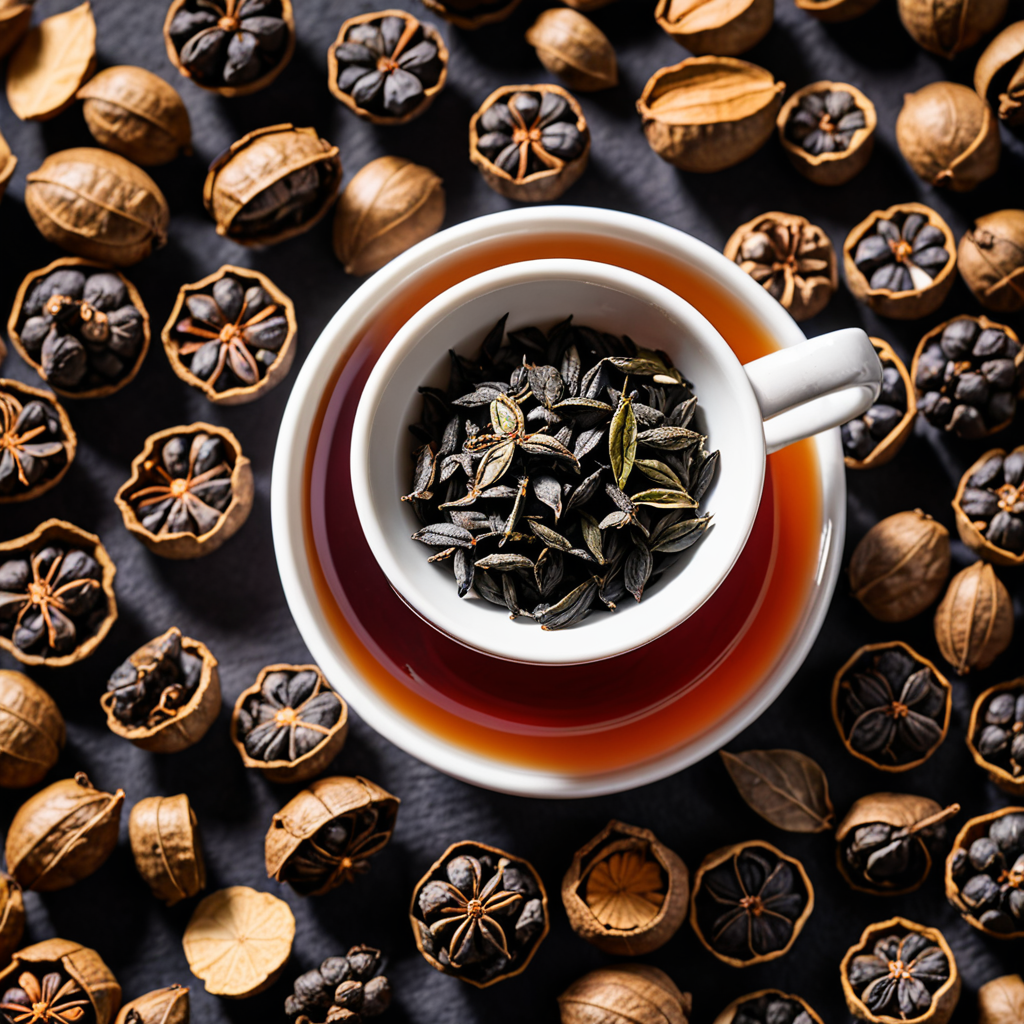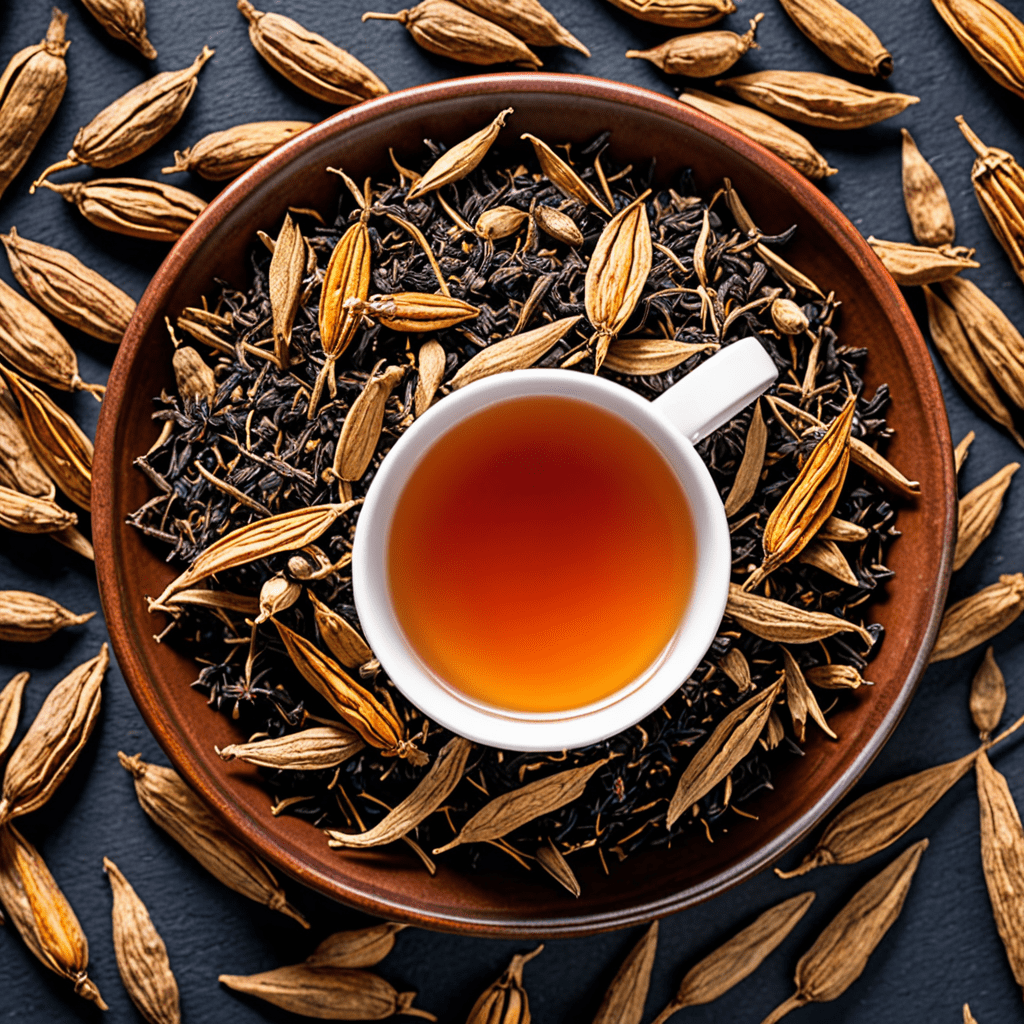Ceylon Tea: A Global Icon
Ceylon tea, renowned for its exquisite flavor and aroma, has established itself as a global icon in the tea industry. Originating from the verdant hills of Sri Lanka, formerly known as Ceylon, this tea has captivated tea connoisseurs worldwide with its distinct characteristics and unparalleled quality.
History of Ceylon Tea
The history of Ceylon tea dates back to the 1800s when Scottish planters introduced tea plants to the country. The fertile soil and favorable climate proved ideal for tea cultivation, and soon, Ceylon tea plantations flourished across the island. By the early 1900s, Ceylon had become one of the world's leading tea exporters, earning a reputation for producing teas of exceptional quality.
Cultivation and Processing of Ceylon Tea
Ceylon tea is meticulously cultivated in well-defined regions of Sri Lanka, each known for its unique microclimate and soil conditions. The tea bushes are carefully tended throughout the year, ensuring optimal growth and quality. Harvesting is a critical step, as only the youngest and most tender leaves are hand-plucked to preserve their delicate flavor.
Varieties and Grades of Ceylon Tea
Ceylon tea encompasses a wide range of varieties and grades, catering to diverse taste preferences. Black tea, the most popular variety, is known for its rich color, full-bodied flavor, and brisk aroma. Green tea, on the other hand, undergoes minimal oxidation, resulting in a lighter color, delicate flavor, and high antioxidant content. Ceylon tea is also available in oolong and white tea varieties, each offering distinct characteristics and health benefits.
Unique Characteristics of Ceylon Tea
Ceylon tea stands out in the global market due to its exceptional characteristics. Its unique flavor profile is a harmonious blend of briskness, malty sweetness, and a hint of citrus. The aroma is distinctively fresh and floral, with notes of bergamot and spice. Ceylon tea also boasts a lively color, ranging from deep amber to bright orange, depending on the variety and brewing method.
Role of Ceylon Tea in the Global Tea Market
Ceylon tea plays a significant role in the global tea market, representing a substantial share of the world's tea exports. It is particularly popular in countries such as the UK, Russia, the Middle East, and Japan. Ceylon tea is highly valued for its consistent quality, distinctive flavor, and the reputation of the Sri Lankan tea industry.
Market Trends and Challenges
The global tea market is constantly evolving, with changing consumer preferences and market dynamics. Ceylon tea producers are adapting to these trends by diversifying their product offerings, exploring new markets, and embracing sustainable practices. Challenges include rising production costs, competition from other tea-producing countries, and fluctuating global demand.
Marketing and Branding of Ceylon Tea
The marketing and branding of Ceylon tea are crucial to its success in global markets. The Tea Board of Sri Lanka plays a key role in promoting and protecting the reputation of Ceylon tea through various initiatives, including quality control, marketing campaigns, and trade shows. The iconic "Lion Logo" has become synonymous with the quality and authenticity of Ceylon tea worldwide.
Sustainability and Fair Trade Practices
Ceylon tea producers are increasingly embracing sustainability and fair trade practices to meet consumer demand for ethical and environmentally responsible products. Many tea estates have adopted organic farming methods, reducing the use of pesticides and fertilizers. Fair trade certifications ensure that tea workers receive fair wages and decent working conditions.
Future of Ceylon Tea in Global Markets
The future of Ceylon tea in global markets looks promising. Growing consumer demand for high-quality, sustainable teas, along with the unique characteristics and reputation of Ceylon tea, positions it well for continued success. Innovation and adaptation to market trends will be key to maintaining its position as a global icon in the world of tea.
FAQs
- What makes Ceylon tea unique?
Ceylon tea is known for its distinctive flavor profile, characterized by briskness, malty sweetness, and a hint of citrus. Its aroma is fresh and floral, with notes of bergamot and spice.
- What are the different varieties of Ceylon tea?
Ceylon tea comes in a range of varieties, including black tea, green tea, oolong tea, and white tea. Each variety offers distinct characteristics and health benefits.
- Where is Ceylon tea grown?
Ceylon tea is grown in the verdant hills of Sri Lanka, formerly known as Ceylon. The country's unique climate and soil conditions are ideal for cultivating high-quality tea.
- How is Ceylon tea processed?
Ceylon tea is meticulously cultivated and processed to preserve its delicate flavor and aroma. Tea bushes are carefully tended throughout the year, and only the youngest and most tender leaves are hand-plucked. The leaves undergo a series of steps, including withering, rolling, oxidation, and drying, to produce the finished tea.


